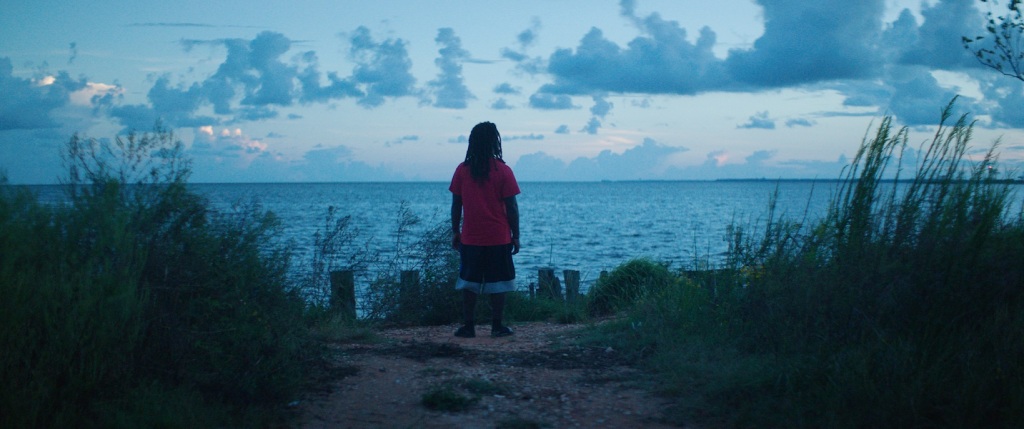Descendant
Netflix
Reviewed for Film Factual by Abe Friedtanzer
Director: Margaret Brown
Writer: Margaret Brown
Screened at: Netflix, LA, 12/1/22
Opens: October 21st, 2022
Slavery has left a horrific mark on the history of the American people, and it’s something that isn’t going away, no matter how much people can claim that it ended more than one hundred and fifty years ago. The truth is that most Black Americans were brought to the United States against their will, and conversations about reparations are merely a start at trying to find a way to acknowledge that. But for some, there is a connection with their past that remains vibrant and close today, as is the case with those descended from the Clotida, the last ship carrying enslaved people to arrive from Africa to the United States.
Descendant follows filmmaker Margaret Brown on her quest for answers in her hometown of Mobile, Alabama, near where the Clotilda was believed for years to have sunk and was ultimately discovered in 2019. There is a long history in Mobile in Africatown, which was founded by those who were brought over on the Clotilda and other newly free people, and the renewed public interest in the Clotilda and Mobile in general has cast a fresh spotlight on the relation of a previously-accepted practice to how America looks today.
There is so much to be processed in Descendant, which on one level functions as a collection of interviews with residents of Mobile who trace their ancestry back to the Clotilda. It also includes the dramatization of testimony of survivors of the voyage before their deaths, as well as the writings of author Zora Neale Hurston, who did tremendous work to learn about the Clotilda and to attempt to share it with the world, something that did not happen for many years and was only recently made public.
The question of ownership and identity also becomes highly relevant in this look at Mobile, a place with a white mayor and which faces the prospect of increased tourism with the fervor created around the discovery of the Clotilda. Yet what many residents fear is the co-opting of their experiences, not even being centered in an exposé of a piece of history that doesn’t feel quite as distant as many would like to think and is one of the only links to a heritage that has been erased by those who believed they had the right to buy and sell human beings.
Descendant deals delicately with its subject matter, and the best way to understand how its themes affect the people interviewed is to listen to their words. They communicate honestly and freely, sharing the ways in which a bond with those who were forced to travel on the Clotilda – and the lack of information available about it – has affected and shaped their lives. There is also a sensationalism to the entire thing, since the slave trade was officially banned in the United States decades before the Clotilda’s chartering, and the reason its remains were so difficult to locate was that efforts were made to conceal the illicit voyage.
Like so many other films that deftly deal with complicated topics, those who would most benefit from seeing Descendant wouldn’t ever consider doing so, likely dismissing it as an attempt to justify reparations or to express some sort of “woke” sentimentality that isn’t welcome to uncaring ears. But the way in which Brown, a skilled documentarian, treats her material is to thoroughly research and then thoughtfully assemble, and the most potent takeaway from this film is that a conversation must be started and then continue, rather than to relegate uncomfortable subjects to the past. There is an extraordinary amount to be processed here, and this film should just be the beginning of that, not a definitive and close-ended assessment.
109 minutes
Story – B+
Technical – B+
Overall – B+

